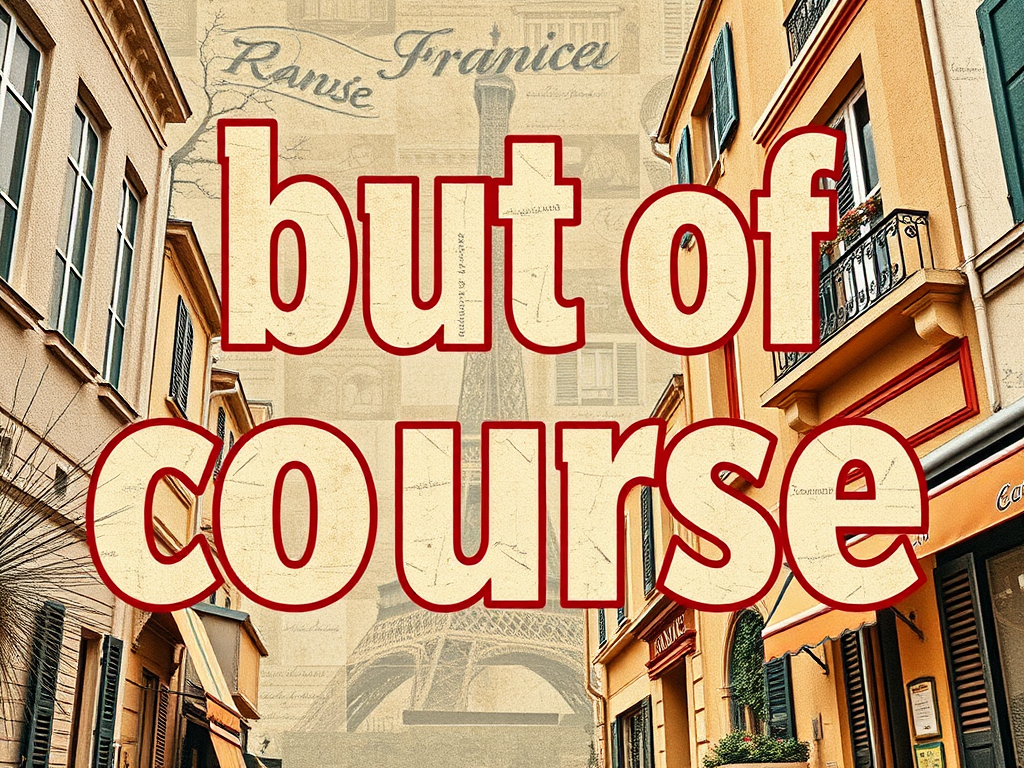Bonsoir in French

The French equivalent of "good evening" or "good night" is bonsoir. This versatile greeting is used from late afternoon until bedtime and is suitable for both formal and informal situations. Unlike English, French doesn't distinguish between "evening" and "night" in this context, making bonsoir a convenient and widely applicable phrase.
Using Bonsoir in Different Contexts
Bonsoir is a universal greeting that works well in various settings. Whether you're meeting friends for dinner, greeting colleagues at an evening work event, or addressing a stranger on the street after sunset, bonsoir is always appropriate.
Formal vs. Informal
While bonsoir itself is neutral and can be used in both formal and informal situations, you can adjust the level of formality by adding titles or other words:
- Formal: Bonsoir, Monsieur (Good evening, Sir) or Bonsoir, Madame (Good evening, Madam)
- Informal: Bonsoir, tout le monde! (Good evening, everyone!)
Examples in Context
Greeting a waiter at a restaurant: "Bonsoir, une table pour deux, s'il vous plaît." (Good evening, a table for two, please.)
Answering the phone in the evening: "Allô, bonsoir!" (Hello, good evening!)
Saying goodbye to colleagues after a late meeting: "Bonsoir à tous, à demain!" (Good evening everyone, see you tomorrow!)
Pronunciation and Variations
Here's a handy table to help you with the pronunciation and some variations of bonsoir:
| English | French | Pronunciation (IPA) |
|---|---|---|
| Good evening | Bonsoir | /bɔ̃.swaʁ/ |
| Good evening, Sir | Bonsoir, Monsieur | /bɔ̃.swaʁ mə.sjø/ |
| Good evening, Madam | Bonsoir, Madame | /bɔ̃.swaʁ ma.dam/ |
| Have a good evening | Bonne soirée | /bɔn swa.ʁe/ |
Remember, bonne soirée is used when parting ways, similar to "have a good evening" in English. It's a nice way to wish someone well for the rest of their evening. 🌙
Using bonsoir correctly is a simple yet effective way to sound more natural in French. Practice using it in various situations, and you'll soon find it rolling off your tongue with ease! 🇫🇷






